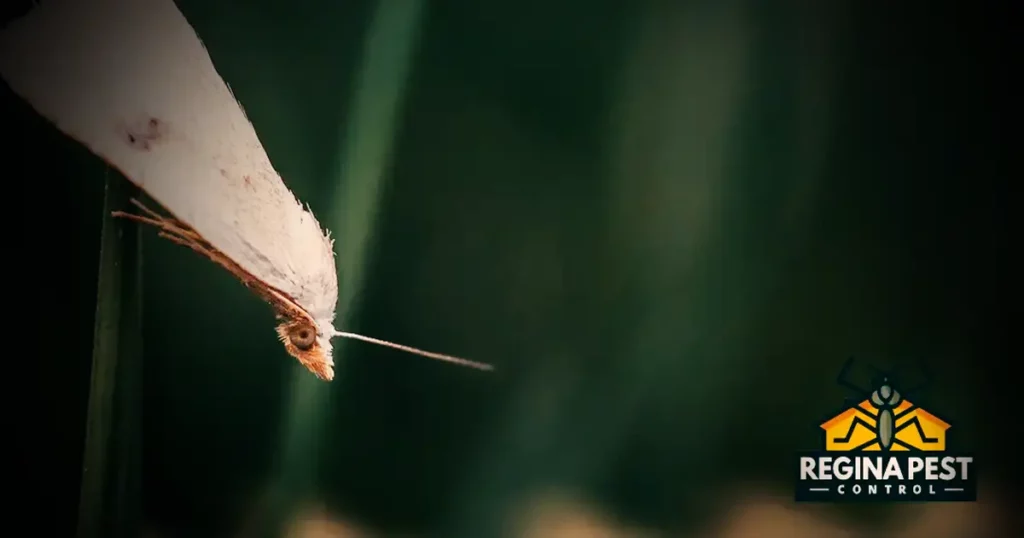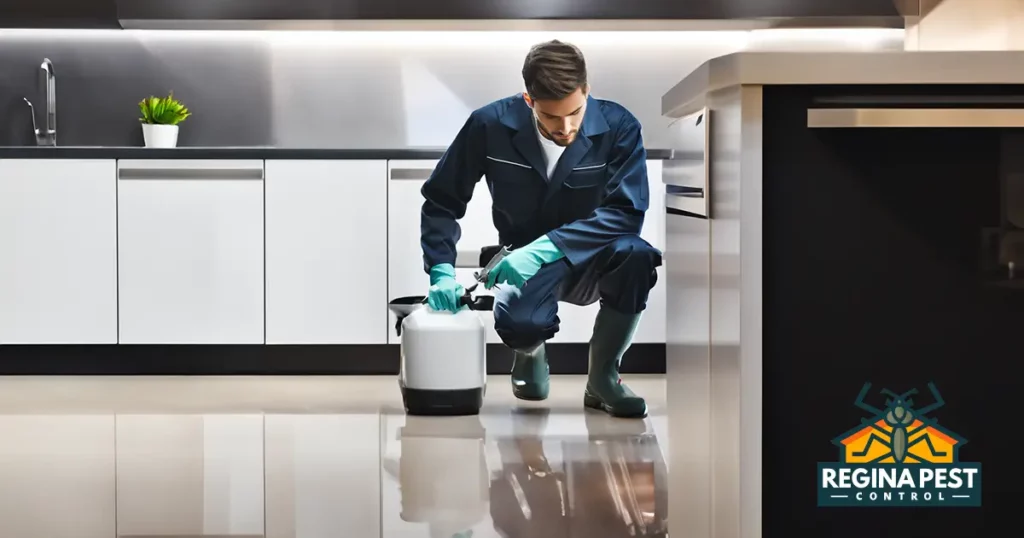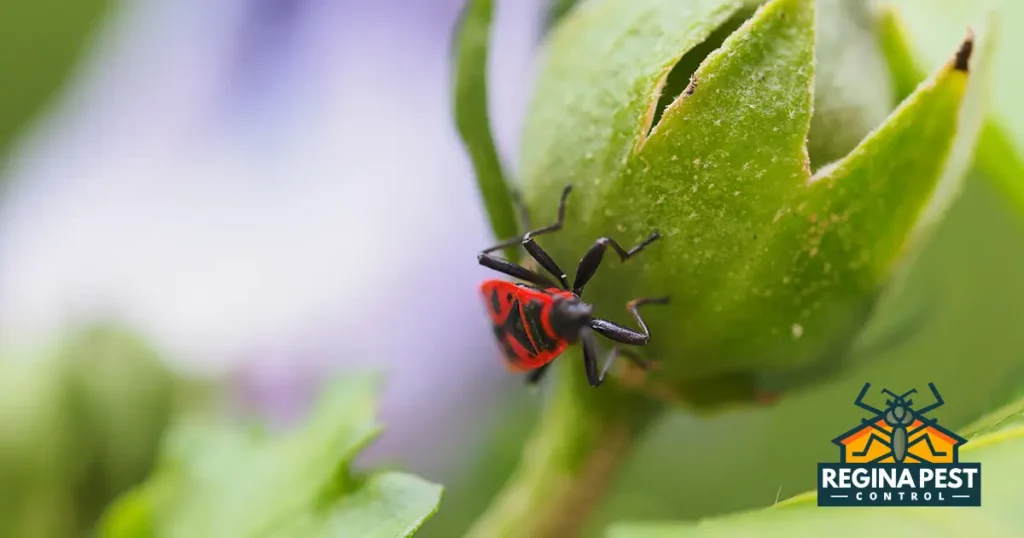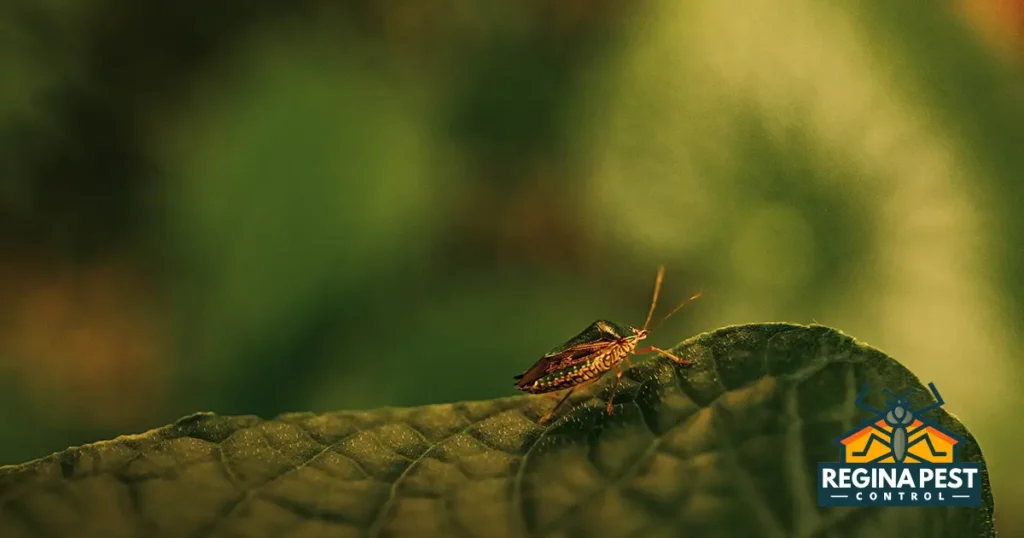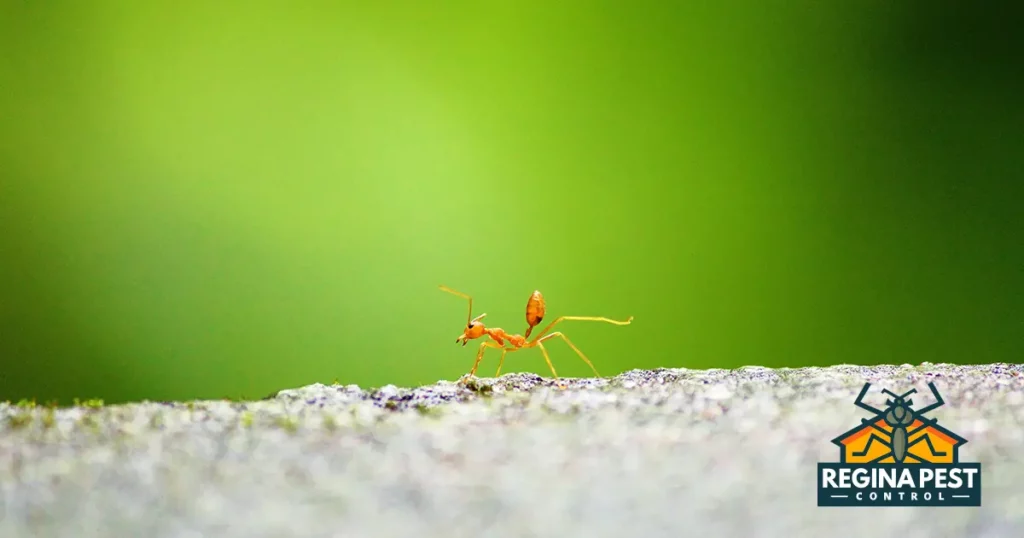Are you tired of battling with pesky pests in your home or garden? Worry no more, because in this article, we will guide you on choosing the right pest control products to effectively eliminate those unwanted invaders. Whether you’re dealing with cockroaches, ants, rodents, or other pests, it’s important to select the right products that are safe, efficient, and environmentally friendly. By using the correct pest control solution, you can ensure the eradication of pests while protecting the well-being of your family and pets.
- The importance of choosing the right pest control products
- Understanding the different types of pest control products
- Factors to consider when choosing pest control products
- Common mistakes to avoid when selecting pest control products
- Researching and comparing pest control products
- Eco-friendly pest control options
- How to safely use pest control products
- Tips for storing and disposing of pest control products
- Professional pest control services vs. DIY solutions
- Professional pest control services:
- DIY solutions:
- Conclusion: Making an informed decision for effective pest control
The importance of choosing the right pest control products
When it comes to pest control, choosing the right products is crucial for successful elimination. Using ineffective or inappropriate products can not only waste your time and money but also expose you and your loved ones to unnecessary risks. By selecting the right pest control products, you can ensure that your efforts are targeted and effective.
One of the key reasons for choosing the right pest control products is the safety of your family and pets. Some products contain harmful chemicals that can pose health risks if not used correctly. It’s important to prioritize the safety of your loved ones by opting for products that are safe to use around children and pets.

Another reason to choose the right pest control products is to minimize the impact on the environment. Many traditional pest control products contain harsh chemicals that can harm the ecosystem. By selecting environmentally friendly options, you can effectively eliminate pests without causing harm to the environment.
Lastly, choosing the right pest control products is essential for long-term success. Different pests require different treatments, and using the wrong products can lead to incomplete eradication or reinfestation. By selecting the most suitable products for your specific pest problem, you can ensure a pest-free environment for the long term.
Understanding the different types of pest control products
When it comes to pest control, there are various types of products available in the market. Understanding each type is essential for making an informed decision. Here are some of the most common types of pest control products:
- Insecticides: Insecticides are chemical products designed to kill insects. They come in different forms, such as sprays, dusts, and baits. Insecticides are effective in controlling a wide range of pests, including ants, cockroaches, and mosquitoes.
- Rodenticides: Rodenticides are used to control rodents, such as rats and mice. These products are typically available in baits or pellets that are attractive to rodents. It’s important to use rodenticides with caution, as they can be harmful to children, pets, and wildlife if not used properly.
- Repellents: Repellents are products that deter pests from entering a specific area. They work by emitting odors or creating a physical barrier that pests find unpleasant. Repellents are commonly used to keep mosquitoes, flies, and other flying insects away.
- Traps: Traps are devices used to capture and control pests. There are different types of traps available, including glue traps, snap traps, and live traps. Traps are often used for rodents, but they can also be effective for insects.
- Biological control products: Biological control products use natural predators or pathogens to control pests. This method is considered environmentally friendly and can be effective for certain pests, such as aphids or caterpillars.
Understanding the different types of pest control products can help you choose the most suitable option for your specific pest problem.
Factors to consider when choosing pest control products
When selecting pest control products, it’s important to consider various factors to ensure their effectiveness and safety. Here are some key factors to keep in mind:
- Type of pest: Different pests require different treatments. Identify the type of pest you’re dealing with to choose the right product. For example, if you have a problem with ants, look for products specifically designed for ant control.
- Severity of infestation: The severity of the infestation will also determine the type of product you need. Mild infestations may be manageable with DIY solutions, while severe infestations may require professional intervention.
- Safety: Prioritize the safety of your family and pets when selecting pest control products. Look for products that are labeled as safe for indoor use or specifically mention pet and child safety.
- Effectiveness: Read reviews and do research to ensure the products you choose are effective in eliminating the specific pests you’re dealing with. Look for products with positive feedback and proven track records.
- Environmental impact: Consider the environmental impact of the products you’re considering. Look for eco-friendly options that are safe for the environment and won’t harm beneficial insects or wildlife.
By taking these factors into account, you can make an informed decision when choosing pest control products.
Common mistakes to avoid when selecting pest control products
When it comes to choosing pest control products, there are some common mistakes that people often make. Avoiding these mistakes can save you time, money, and frustration. Here are a few common mistakes to avoid:
- Using the wrong product: Using the wrong product for your specific pest problem can lead to ineffective results. Make sure to identify the pest correctly and choose a product that is designed to target that specific pest.
- Neglecting safety precautions: It’s important to follow the safety instructions provided with the product. Neglecting safety precautions can lead to accidents or health risks for you, your family, and your pets.
- Not doing enough research: Before purchasing any pest control product, it’s important to do thorough research. Read reviews, compare products, and gather information to ensure you’re making the right choice.
- Relying solely on DIY solutions: While DIY solutions can be effective for mild infestations, severe infestations often require professional intervention. Don’t hesitate to seek professional help if needed.
- Disregarding long-term solutions: Some pest control products provide temporary relief but don’t address the root cause of the problem. It’s important to consider long-term solutions to prevent future infestations.
By avoiding these common mistakes, you can ensure a more successful pest control experience.
Researching and comparing pest control products
Researching and comparing pest control products is an essential step in choosing the right one for your needs. Here are some tips for effective research and comparison:
- Read customer reviews: Customer reviews provide valuable insights into the effectiveness and safety of a product. Look for products with positive reviews and high ratings.
- Compare prices: Compare prices of different products to ensure you’re getting the best value for your money. However, keep in mind that the cheapest option may not always be the most effective.
- Check for certifications: Look for products that have been tested and certified by reputable organizations. Certifications ensure that the product meets certain safety and efficacy standards.
- Consult professionals: If you’re unsure about which product to choose, consider consulting with pest control professionals. They can provide expert advice and recommend the most suitable products for your specific needs.
By conducting thorough research and comparing different products, you can make an informed decision and choose the best pest control product for your situation.
Eco-friendly pest control options
If you’re concerned about the environmental impact of pest control products, there are eco-friendly options available. These products are designed to effectively eliminate pests while minimizing harm to the environment. Here are some eco-friendly pest control options to consider:
- Natural insecticides: Natural insecticides are made from plant-based ingredients and are considered safer for the environment. Look for products that contain natural ingredients like neem oil or pyrethrum.
- Biological control agents: Biological control agents use natural predators or pathogens to control pests. These products are environmentally friendly and can be effective for certain pests like aphids or whiteflies.
- Physical barriers: Physical barriers, such as mesh screens or fine netting, can prevent pests from entering your home or garden. This method is chemical-free and safe for the environment.
- Integrated Pest Management (IPM): IPM is an approach that combines various pest control methods to achieve long-term pest management. It focuses on prevention, monitoring, and targeted treatments, minimizing the use of chemicals.
Choosing eco-friendly pest control options not only helps protect the environment but also ensures the safety of your family, pets, and beneficial insects.
How to safely use pest control products
Using pest control products safely is crucial for the well-being of your family, pets, and the environment. Here are some tips for safely using pest control products:
- Read and follow instructions: Carefully read the instructions provided with the product and follow them precisely. Pay attention to dosage, application methods, and safety precautions.
- Wear protective gear: When applying pest control products, wear appropriate protective gear, such as gloves, goggles, and a mask. This will help protect you from potential health risks.
- Keep children and pets away: Keep children and pets away from the treated area until the product has dried or the specified waiting period has passed. This will prevent accidental exposure.
- Ventilate the area: Ensure proper ventilation when using pest control products indoors. Open windows and doors to allow fresh air to circulate and minimize exposure to chemicals.
- Dispose of containers properly: Dispose of empty containers and packaging according to local regulations. Do not reuse containers for other purposes to avoid accidental ingestion or exposure.
By following these safety guidelines, you can effectively use pest control products while minimizing risks.
Tips for storing and disposing of pest control products
Proper storage and disposal of pest control products are essential to prevent accidents and protect the environment. Here are some tips for storing and disposing of pest control products:
- Store products in a secure place: Keep pest control products out of reach of children and pets. Store them in a locked cabinet or high shelf to prevent accidental ingestion or exposure.
- Keep products in their original containers: Avoid transferring pest control products to other containers. Keep them in their original packaging, which provides important safety information and proper labeling.
- Avoid storing near food or water sources: Store pest control products away from food, water, or other consumables. This will prevent contamination and accidental ingestion.
- Follow local disposal guidelines: Dispose of unused or expired pest control products according to local regulations. Contact your local waste management facility for proper disposal procedures.
- Recycle when possible: If the product container is recyclable, rinse it thoroughly and recycle it according to local recycling guidelines.
By following these storage and disposal tips, you can ensure the safe and responsible use of pest control products.
Professional pest control services vs. DIY solutions
When it comes to pest control, you have the option to hire professional services or tackle the problem yourself with DIY solutions. Both options have their pros and cons, and the choice depends on various factors. Here’s a comparison between professional pest control services and DIY solutions:
Professional pest control services:
– Expertise: Pest control professionals have the knowledge and experience to effectively identify and eliminate pests. They can provide targeted treatments and offer long-term solutions.
– Time-saving: Hiring professionals can save you time and effort. They have the necessary equipment and resources to tackle even severe infestations efficiently.
– Warranty: Many professional pest control services offer warranties or guarantees. If the pests return within a specified period, they will re-treat the area at no additional cost.
– Cost: Professional pest control services can be more expensive upfront compared to DIY solutions. However, the long-term benefits and peace of mind may outweigh the initial cost.
DIY solutions:
– Cost-effective: DIY solutions are generally more cost-effective, especially for mild infestations. You can purchase pest control products and implement the treatments yourself, saving money on professional fees.
– Convenience: DIY solutions offer convenience, as you can address the pest problem on your own schedule. You have control over the process and can make adjustments as needed.
– Educational: Tackling the pest control process yourself can be a learning experience. You can gain knowledge about different pests, their behavior, and effective control methods.
It’s important to assess your specific situation, the severity of the infestation, your comfort level, and your budget when deciding between professional pest control services and DIY solutions.
Conclusion: Making an informed decision for effective pest control
Choosing the right pest control products is essential for effectively eliminating pests while ensuring the safety of your family, pets, and the environment. By considering factors such as the type of pest, severity of infestation, safety, and environmental impact, you can make an informed decision. Thorough research, reading customer reviews, and comparing products can help you select the most suitable option for your specific needs. Additionally, practicing safe usage, proper storage, and responsible disposal of pest control products are crucial for preventing accidents and protecting the environment.
For any further questions or assistance with choosing the right pest control products, don’t hesitate to reach out to our team of experts. We’re here to help you every step of the way!

